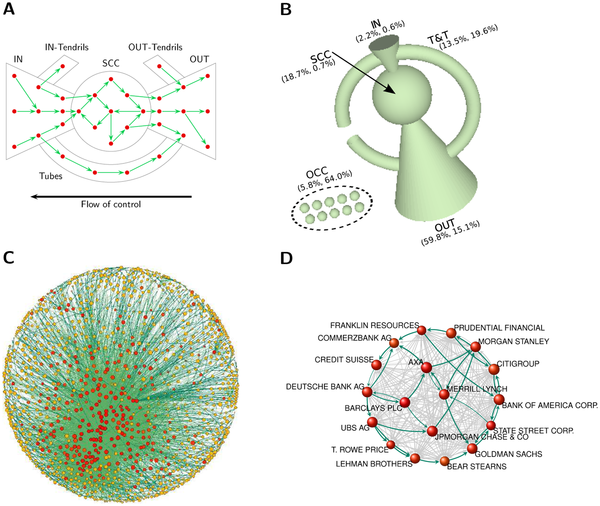Keg, read
The Network of Global Corporate Control , there is a pdf copy of the paper on that page.
You have set up a classic false dilemma (simplistic two choices, conspiracy or no conspiracy). The situation is much more subtle & nuanced.
Each and everyone of us is in a conspiracy to manipulate our environment to some end- you as the Captain manipulate &
conspired with your fellow pilot, ATC, groundstaff, passengers to some end, usually the safe & efficient conduct of a flight to a schedule.
What would human existence look like
if we did not conspire to manipulate our environment? Even the stone age technologies (group hunting & tool manufacture) required individuals to conspire to manipulate their environment.
But I would have to ask the obvious philosophical question as to why there
would not be a motivation to exert increasing control of the resources (human and non-human) & environment around oneself? Is this not a basic human trait, to manipulate our environment in an effort to gain mastery & control of it?
Is this desire to manipulate & control the world around us ever satisfied at some wealth or power level? Is there ever some target end point to the acquisition of wealth & power? You personally may be satisfied at certain levels, but can you speak for every other human?
Paraphrasing, you ask the question
why, I ask the question
why not?
From the linked article:
Abstract
The structure of the control network of transnational corporations affects global market competition and financial stability. So far, only small national samples were studied and there was no appropriate methodology to assess control globally. We present the first investigation of the architecture of the international ownership network, along with the computation of the control held by each global player. We find that transnational corporations form a giant bow-tie structure and that a large portion of control flows to a small tightly-knit core of financial institutions. This core can be seen as an economic “super-entity” that raises new important issues both for researchers and policy makers.
